Imaginings
stories, creative nonfiction, poetry, and other imaginative accounts of the natural world
-
On Moral Grounds? Carbon Futures for Lowland Peat

By Aneurin Merrill-Glover: Across Europe, peatlands have nurtured sophisticated and distinctive socio-ecological systems for thousands of years. The process of restoring these unique landscapes—or “peatscapes”—is one that is neither strictly ecological nor exclusively ordered as part of a top-down international response to global warming. On the contrary, peatland restoration as a form of climate-change mitigation…
-
Flows, Histories, and Politics of Pollution in Europe (17–20 Century)
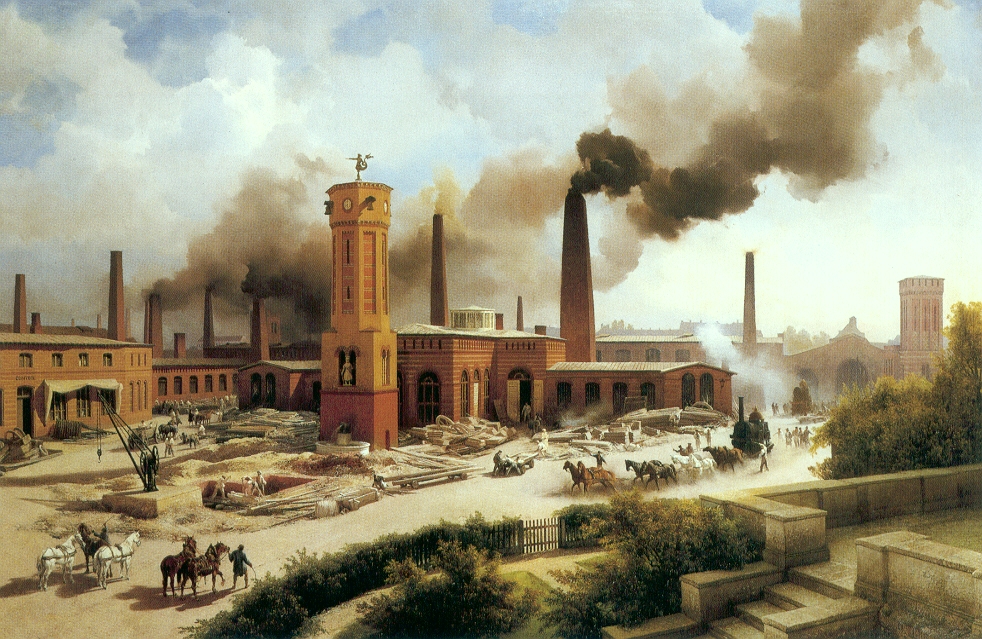
Conference Report Dates: 28–29August, 2020. Organizers: Rachel Carson Center for Environment and Society (RCC) Conveners: Andrei Vinogradov (RCC) and Professor Julia Herzberg (Ludwig-Maximilians-Universität München). The online workshop started with welcome remarks by the conveners, who outlined the key methodological framework of the event. Pollution is one of the earliest topics in global environmental history, but
-
A Whale of a Time
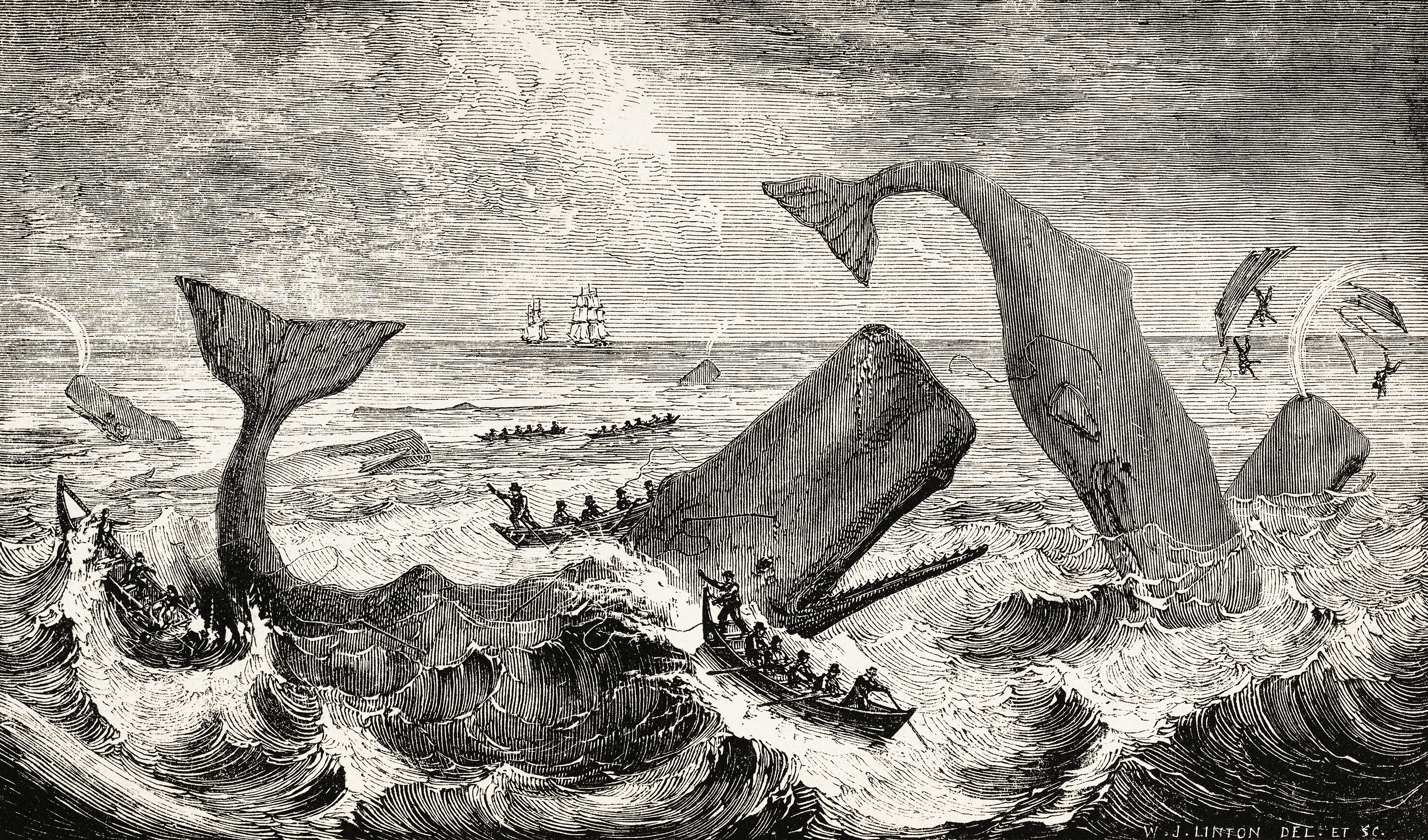
*Featured image: Sperm whales under attack, from Thomas Beale’s The Natural History of the Sperm Whale (1839). Photo: The New York Public Library via rawpixel, public domain. By: Daniel Dumas Zodiac crossings of rough seas, imperial expansion, and narratives of resistance and resilience. This is not the backdrop of an action flick coming to the
-
Bookshelf: The Breakthrough of Environmental History
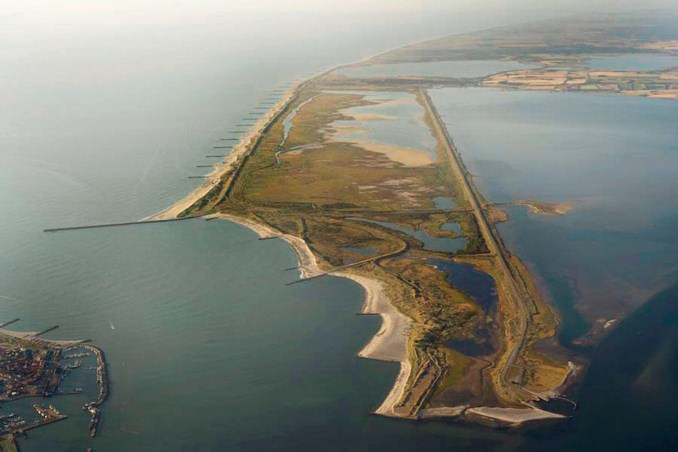
Review of Stormflod by Bo Poulsen (Aarhus University Press, 2019) By Katie Ritson This book is volume 24 in the high profile series “100 Histories of Denmark” published by Aarhus University Press, which over eight years will see a range of historians present the hundred most important historical events and topics from Danish history. The
-
Sourdough Cultures

By: Matthew Morse Booker Introduction: An Embodied Multispecies Environmental Humanities Experience As one of the first Alumni Fellows at the Rachel Carson Center (RCC), I wanted to return something to the remarkable community of RCC staff, students, and fellows. In North Carolina I am part of the Sourdough Project, a global public science experiment using
-
2020 Visions for Environmental History: Well-Grounded

This is the second post in a series on “2020 Visions for Environmental History” being published jointly by NiCHE’s blog The Otter ~ La loutre and Rachel Carson Center’s blog Seeing the Woods, with posts by Lisa Mighetto, Alan MacEachern, Arielle Helmick, and Claudia Leal. The series is intended to promote discussion at a session of the same name at the World Congress
-
Histories of Women and Energy
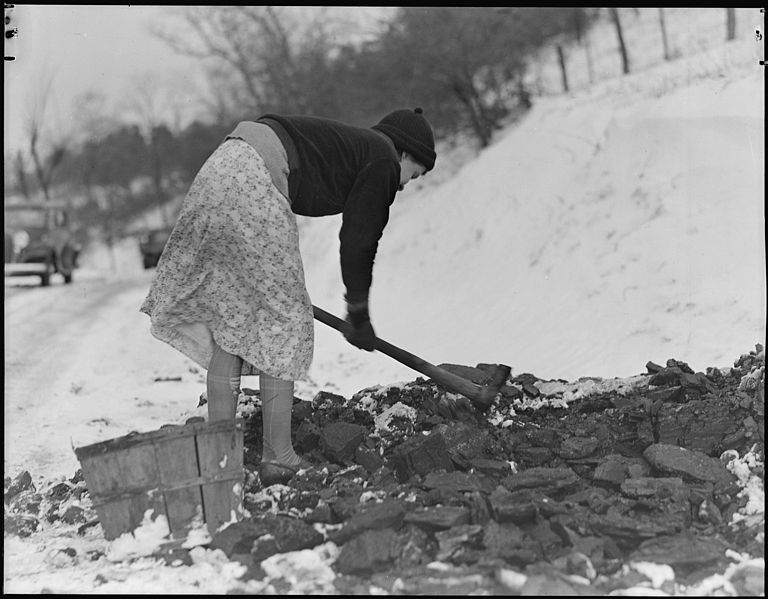
Workshop Report (23–25 April 2019, Rachel Carson Center, Munich) By Ruth Sandwell and Abigail Harrison Moore Why Women and Energy? As people around the world slowly take in the connections between the energy-related practices of their daily lives and the planetary threat posed by fossil-fuel-induced climate change, historians are becoming increasingly aware of energy as
-
Ecologizing Urban Ontologies in the Anthropocene
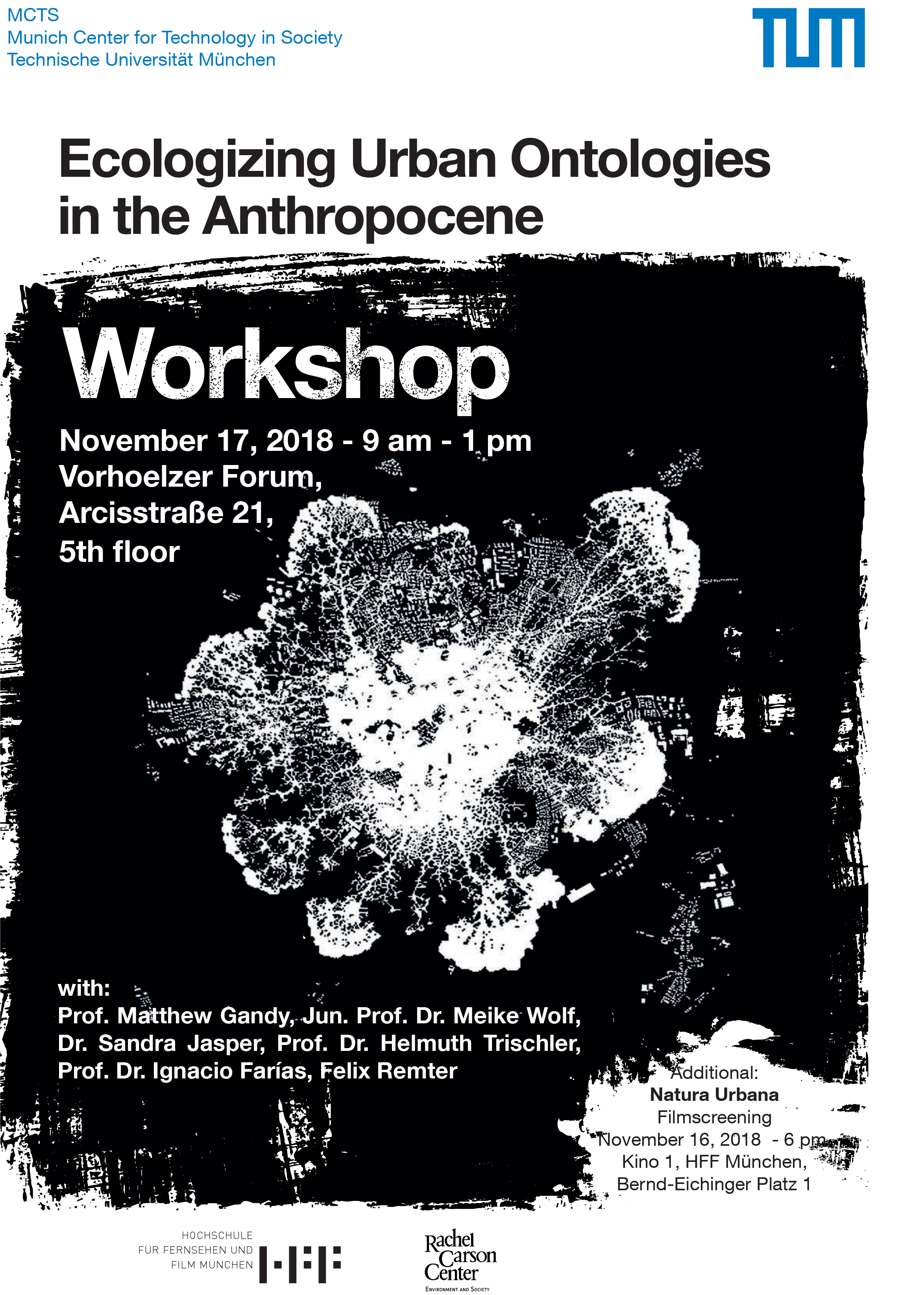
MCTS-Forum Workshop Report (17 November, 2018, Munich) By Nika Pitkänen In November 2018, the Munich Center for Technology in Society (MCTS) of the TUM, the Rachel Carson Center (RCC) of the LMU, and Hochschule für Film und Fernsehen (HFF) hosted an interdisciplinary Workshop titled Ecologizing Urban Ontologies in the Anthropocene. On the evening of 16 November
-
Book Review: Quest for the Unity of Knowledge, by David Lowenthal
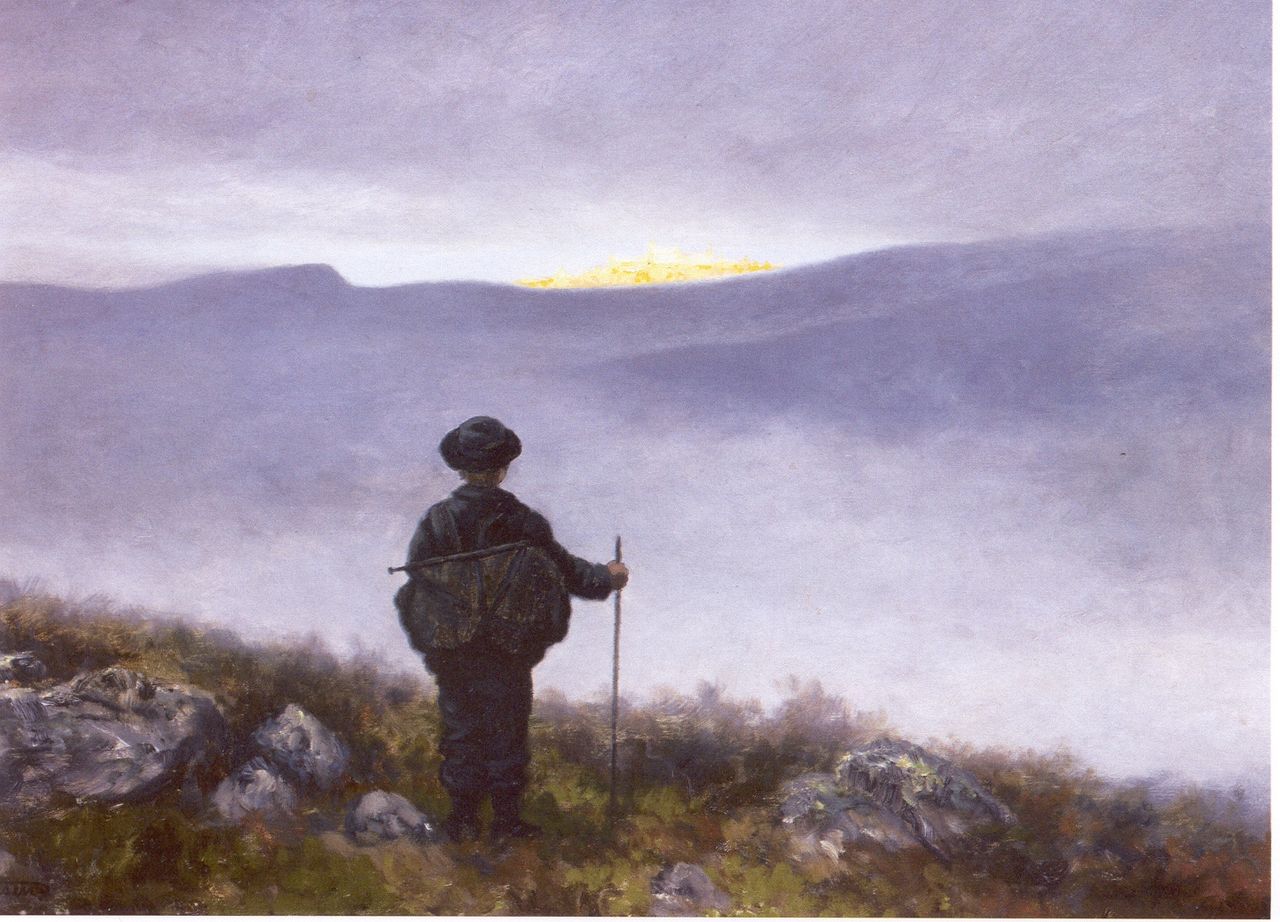
by Eugenio Luciano “Two modes of understanding dominate the history of ideas. One posits the overarching unity of knowledge, the other cherishes its multifarious diversity. Unity is the goal of those who seek a single all-encompassing explanation of everything. Diversity is lauded by those who commend difference and variety as life-enhancing” (p. 1). This is